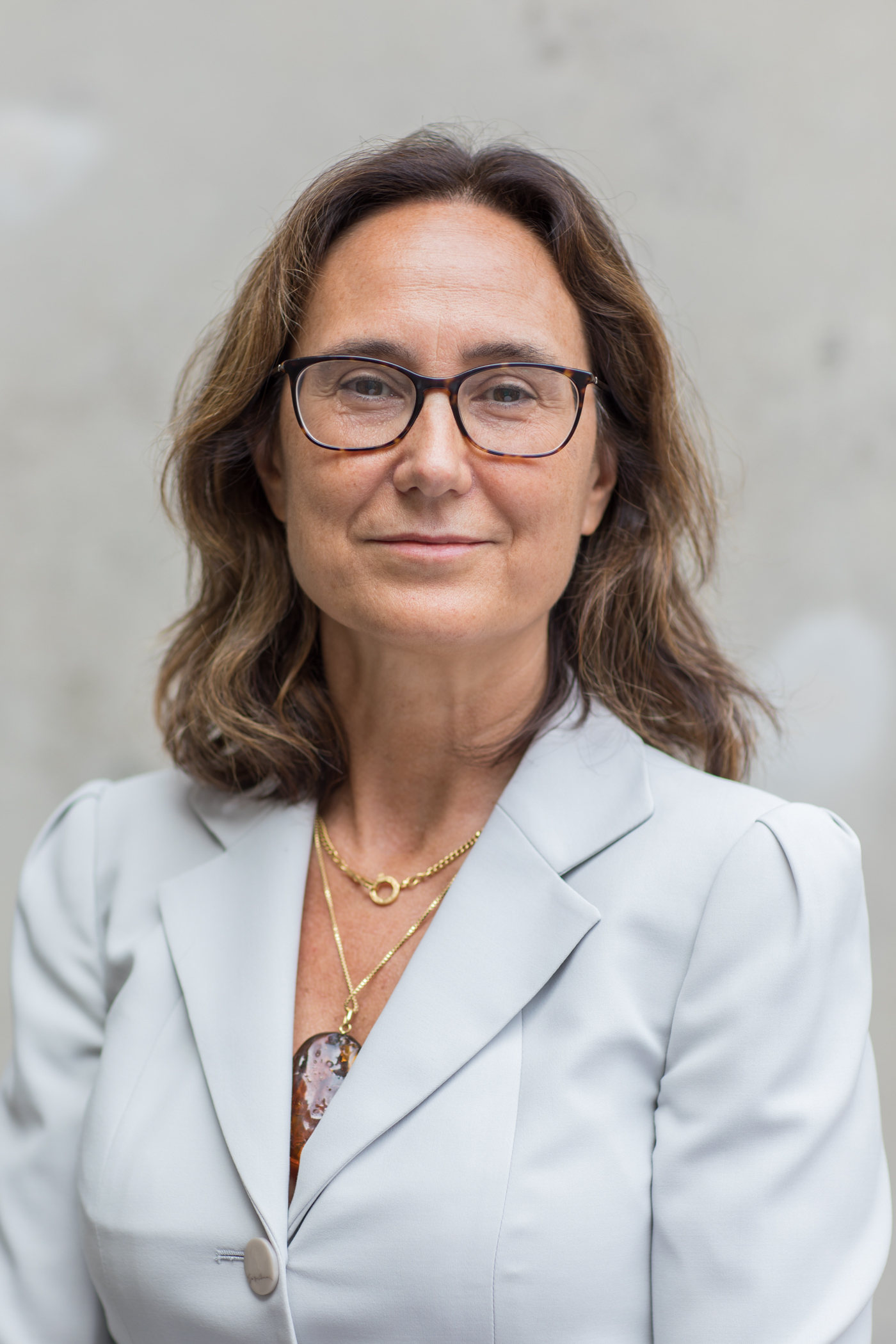 | |
| Spreker | Prof. dr. R. Croce (VU) |
| Titel | Photosynthesis: Harvesting the Rainbow and Beyond |
| Datum/tijd | dinsdag 11 februari 2025 om 20:00u |
| Taal | Engels |
| Terugkijken | de lezing kan online teruggekeken worden via YouTube |
Samenvatting
Photosynthesis is the fundamental process that powers life on Earth by converting solar energy into chemical energy. However, the use of sunlight as an energy source poses significant challenges due to its natural variability in intensity and spectrum. This presentation explores how photosynthetic organisms dynamically adapt to different light conditions to optimize energy capture while minimizing photodamage.
We will begin with a brief introduction to photosynthesis, emphasizing its pivotal role in energy conversion and agriculture. The focus will then shift to our research addressing two critical challenges faced by photosynthetic organisms: avoiding photodamage under high light intensities and efficiently capturing light under low-light conditions, such as in the shaded regions of the plant canopy.
Using an integrated approach combining molecular biology, biochemistry, and advanced spectroscopy, this work uncovers the molecular mechanisms that regulate light-harvesting complexes, photoprotection and energy transfer processes. Specific insights into how plants, algae, and other photosynthetic organisms balance efficiency and resilience will be discussed.
Finally, we will examine how these findings can help to enhance photosynthesis and crop productivity. By leveraging this mechanistic understanding, we aim to design plants with improved photosynthetic efficiency that are better suited to meet the challenges of a changing climate and increasing global food demand.
